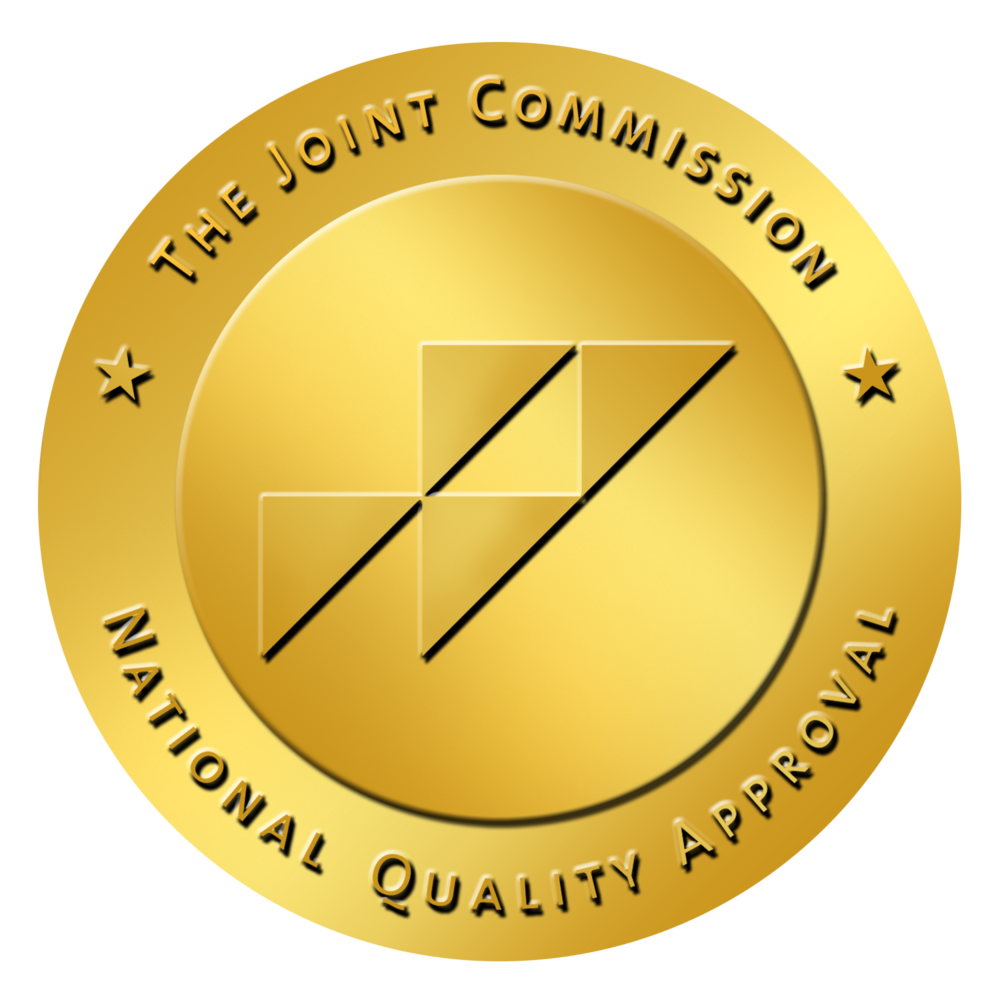Motivational interviewing (MI) is a client-centered, research-based counseling approach designed to help individuals explore and resolve ambivalence about behavior change. Commonly used in addiction treatment and mental health care, MI empowers patients to identify personal motivations, set achievable goals, and develop a commitment to positive change. At Aliya Mental Health, motivational interviewing is integrated into our therapeutic programs to support recovery from substance use disorders and mental health conditions.
What Is Motivational Interviewing (MI)?
Motivational interviewing was developed by clinical psychologists William R. Miller and Stephen Rollnick as a collaborative, goal-oriented counseling method. Unlike traditional directive therapies, MI emphasizes empathy, listening, and guiding patients toward their own intrinsic motivation rather than imposing change externally.
What Are the Four Principles of MI?
Planning
Creating a structured plan for change based on the client’s personal goals and readiness.
Evoking
Drawing out the client’s intrinsic motivation by exploring ambivalence and personal values.
Focus
Maintaining clarity on the specific behaviors or challenges the client wants to address.
Engaging
Building a trusting, empathetic relationship that encourages open communication and collaboration.
What Is the Goal of MI?
The main goal of motivational interviewing is to help patients identify reasons for change, strengthen commitment, and take actionable steps toward improved mental health, substance use recovery, or other personal goals.
How Does Motivational Interviewing Work?
In an MI session, a trained therapist uses a collaborative, non-judgmental approach to guide patients through reflection and exploration of their behaviors. patients are encouraged to examine both the benefits and challenges of change while the therapist provides support, empathy, and gentle guidance.
Motivational Interviewing Techniques
MI incorporates several effective techniques, often summarized by the acronym OARS:
Open-Ended Questions
Encouraging patients to explore thoughts, feelings, and motivations in depth.
Listening
Active, reflective listening to validate experiences and foster trust.
Affirmations
Recognizing and reinforcing client strengths and past successes.
Reflection
Repeating or paraphrasing client statements to clarify meaning and encourage deeper insight.
These techniques create a supportive environment where patients can openly examine behaviors and develop motivation for lasting change.
What Does Motivational Interviewing Treat?
Motivational interviewing is particularly effective for:
- Substance use disorders and addiction recovery
- Behavioral changes such as diet, exercise, or lifestyle adjustments
- Mental health conditions including anxiety, depression, and co-occurring disorders
- Readiness for therapy and engagement in treatment
MI is often used alongside cognitive-behavioral therapy (CBT), trauma-informed therapy, and holistic treatment programs.
What Are the Benefits of Motivational Interviewing?
Engaging in motivational interviewing can help individuals:
- Increase intrinsic motivation for change
- Build self-efficacy and confidence
- Reduce resistance or ambivalence toward therapy
- Develop personalized goals and action plans
- Improve decision-making and problem-solving skills
- Strengthen commitment to long-term recovery
How Effective Is MI?
Research shows that motivational interviewing is highly effective in enhancing behavior change, treatment engagement, and adherence, particularly in addiction recovery and mental health interventions.
Can MI Help Me?
Yes. MI can support anyone struggling with ambivalence toward behavioral changes, including managing substance use, coping with mental health challenges, or improving daily habits. It encourages self-reflection, goal-setting, and sustained motivation for lasting change.
Tips for Successful Motivational Interviewing
- Be open and honest about thoughts and feelings
- Reflect on your personal goals and values
- Participate actively in discussions and exercises
- Use the session as a safe space to explore ambivalence
- Practice self-compassion during the change process
Is Motivational Interviewing Covered by Insurance?
Coverage for motivational interviewing therapy varies by insurance provider. At Aliya Mental Health, we work with patients to verify benefits and explore coverage for MI as part of comprehensive behavioral and addiction treatment programs.
Finding a Motivational Interviewing Therapist
When seeking a therapist trained in MI, look for a licensed mental health professional who specializes in motivational interviewing, behavior therapy, or addiction treatment. Aliya Mental Health offers experienced MI therapists to guide patients through research-based, person-centered care.
Motivation as a Tool for Change
Motivational interviewing harnesses the power of intrinsic motivation to help patients overcome ambivalence, achieve meaningful goals, and sustain long-term recovery. At Aliya Mental Health, MI is integrated into individualized and group therapy programs to support behavioral change, emotional regulation, and holistic mental health.
Call Aliya Mental Health today or fill out our secure contact form to learn more about motivational interviewing programs and begin your journey toward personal growth and lasting recovery.






